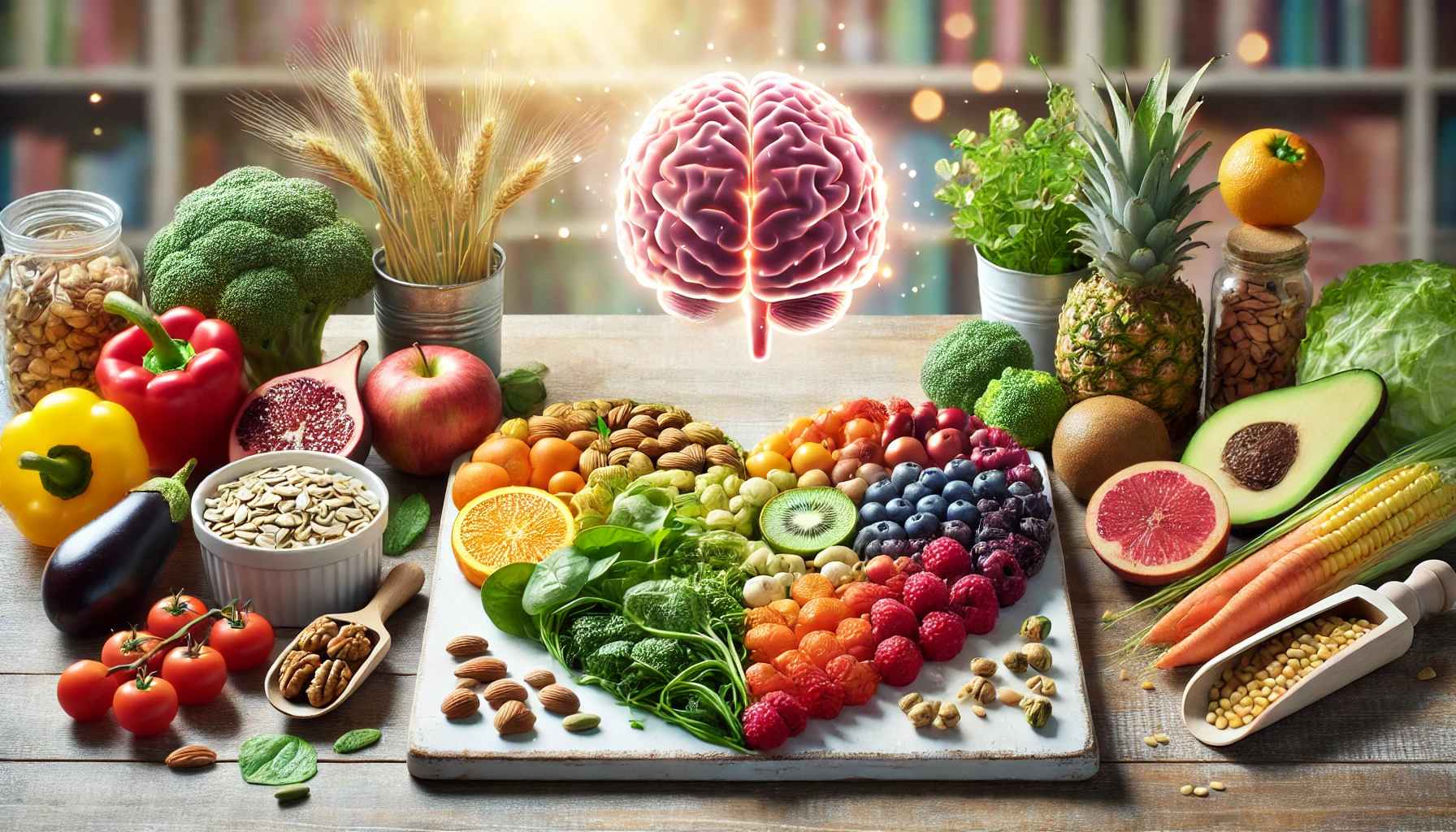In a detailed and heartfelt study, researchers have illuminated the profound impact of diet on the risk of developing Alzheimer’s disease. Published in the Journal of Alzheimer’s Disease, the paper titled Diet’s Role in Modifying Risk of Alzheimer’s Disease: History and Present Understanding offers a blend of hope and urgency for those seeking to better understand this complex and devastating condition.
For years, the role of nutrition in shaping our brain health has been a subject of fascination and debate. This study underscores the protective power of plant-based diets, such as the Mediterranean diet and the rich culinary traditions of China, Japan, and India. These diets—overflowing with whole, unprocessed foods—stand in stark contrast to the Western diet, which is often laden with saturated fats, processed meats, and refined sugars. As globalization shifts dietary habits in countries with traditionally low Alzheimer’s rates, the incidence of this disease has risen alarmingly.
Read More : Why Are North Korean Troops Suffering Heavy Losses in Ukraine?
A Warning Against Harmful Choices
The findings point to the Western diet as a significant contributor to dementia risk. Foods like red meat (e.g., hamburgers and barbecue), processed meats (like hot dogs), and ultra-processed products high in sugar and refined grains exacerbate risk factors such as inflammation, oxidative stress, and insulin resistance. These conditions, in turn, increase vulnerability to Alzheimer’s disease.
In a poignant reflection, the study reminds us of the interplay between poverty and poor dietary choices. Ultra-processed foods and meats, often the cheapest energy sources, are consumed in greater quantities by those with fewer resources. This affordability imbalance inadvertently fuels obesity and diabetes—two known precursors to Alzheimer’s disease.
Foods That Heal
Amidst these warnings lies a beacon of hope. The research highlights foods that actively protect against Alzheimer’s, including green leafy vegetables, colorful fruits and vegetables, legumes, nuts, omega-3 fatty acids, and whole grains. These nutrient-dense foods teem with antioxidants and anti-inflammatory compounds, nurturing the brain and counteracting the damage caused by oxidative stress and inflammation.
The study’s message is clear: while the Western diet continues to dominate and drive dementia trends, individuals who embrace a plant-forward approach can significantly lower their personal risk.
An Alarming Projection
The study also carries a sobering prediction. By 2038, Alzheimer’s rates in the United States are expected to rise by 50% from 2018 levels. This projection mirrors estimates from the Alzheimer’s Association, reflecting the devastating impact of rising obesity rates. The authors suggest a grim link: the obesity epidemic—driven largely by meat and ultra-processed foods—is fueling this surge in Alzheimer’s cases.
However, the study offers a glimmer of optimism. It emphasizes that personal dietary choices have the power to reduce individual risk, even if broader trends remain concerning.
Expert Endorsements
Dr. Edward Giovannucci of Harvard University calls the review “comprehensive and compelling,” praising its synthesis of evidence linking dietary factors to Alzheimer’s disease. He notes the intricate connections between diet, inflammation, insulin resistance, and oxidative stress—mechanisms that not only heighten Alzheimer’s risk but also intersect with other chronic diseases like diabetes and heart disease.
Similarly, another expert applauds the review for its nuanced exploration of how diet, obesity, and lifestyle factors interact with neuroinflammation to shape Alzheimer’s disease risk. This work, they argue, is an invaluable resource for understanding modifiable risk factors.
A Call to Action
This study is more than a scientific exploration; it’s a call to rethink our relationship with food. It invites us to prioritize nourishment over convenience, to see every meal as an opportunity to protect our future selves.
The research doesn’t just point fingers—it offers a path forward, grounded in compassion and possibility. By filling our plates with vibrant, life-affirming foods, we can stitch together a healthier tomorrow, one bite at a time.
Let this be a reminder that our choices today echo far into the future. May we choose wisely, not just for ourselves, but for the generations to come.

Founder & Editor brings over a decade of expertise in ethics to mediajob.in. With a passion for integrity and a commitment to fostering ethical practices, Ayush shapes discourse and thought in the media industry.



